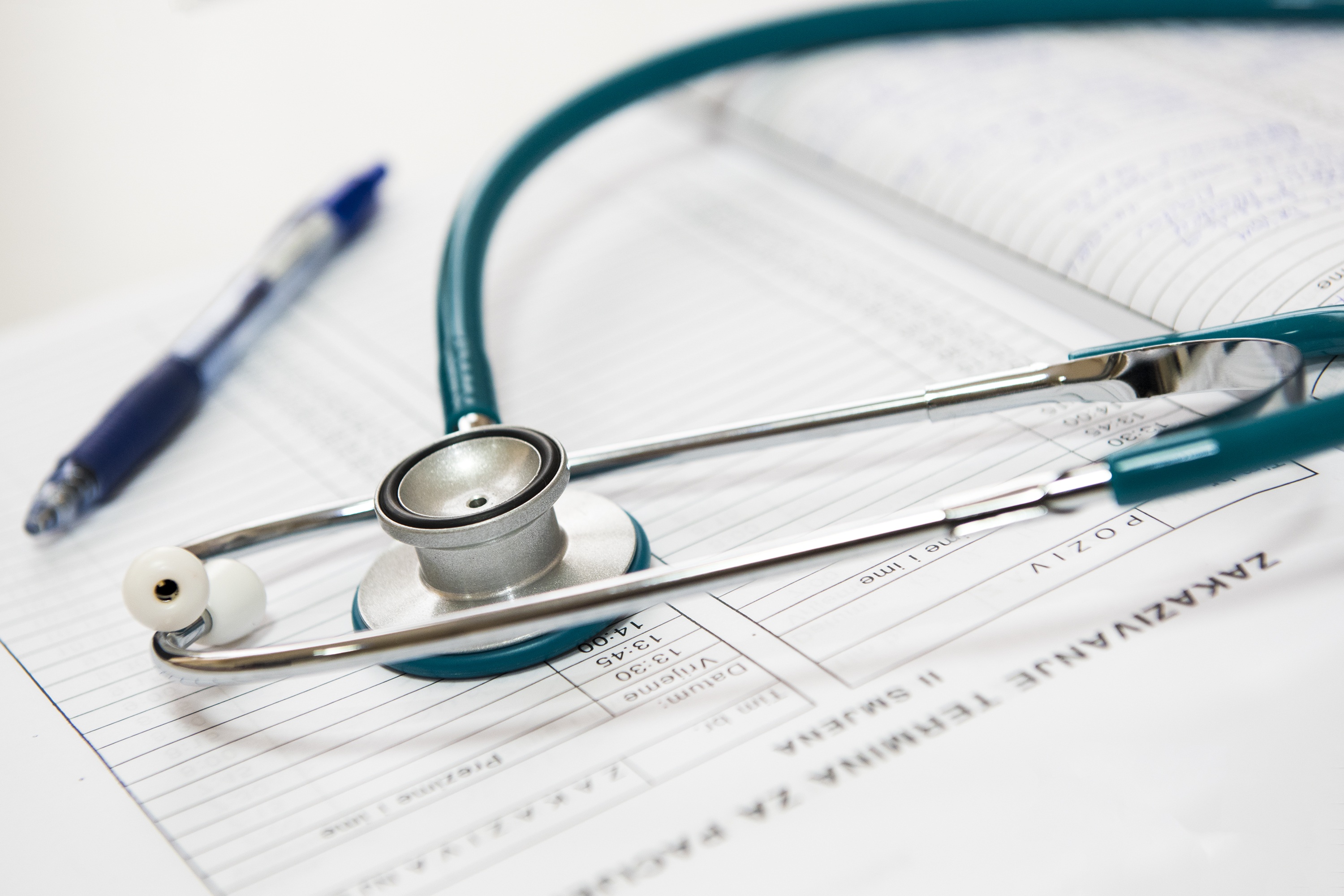
Healthcare in Barcelona: Accessing Medical Services as an Expat
26/09/2024 10:15:47
Going abroad
Moving to a new country is always an exciting experience, but the healthcare system can be a bit intimidating, especially when you're not familiar with the local practices. If you're moving to Barcelona as an expat, it's really important to understand how the healthcare system works, how to access medical services, and what options are available to you. This guide will help you get started.
1. The Spanish Healthcare System Overview
Spain has a universal healthcare system that's largely funded by taxes. It provides quality public healthcare to residents, including expats who meet certain criteria. The healthcare system is decentralised, meaning that each region is responsible for managing its own services. In Barcelona, which is in the region of Catalonia, the public health system is run by CatSalut, the Catalan Health Service.
The public system gives you access to general practitioners, specialists and hospital care. Just a heads-up: the system can sometimes be overloaded, so you need to be patient. That's why many people in Spain opt for private healthcare, as it means you can see a specialist more quickly and don't have to wait as long.
2. Public Healthcare for Expats
As an expat, your access to Spain's public healthcare system depends on your residency status:
- EU/EEA or Swiss citizens: If you hold a European Health Insurance Card (EHIC), you can access healthcare in Barcelona temporarily. For long-term coverage, you need to register as a resident and contribute to Spain's social security system.
- Non-EU citizens: To access public healthcare, you’ll need to have a residency permit and be employed or self-employed, contributing to the Spanish social security system. Once you’re paying social security contributions, you and your family members will be entitled to public healthcare.
If you're eligible for public healthcare, you need to register with your local CAP (Centre d'Atenció Primària), which is your local health centre, to get a health card (tarjeta sanitaria individual). This card lets you make medical appointments and access services across Catalonia.
3. Private Healthcare Options
Barcelona has a great private healthcare system that works well alongside the public services. A lot of expats opt for private health insurance so they can get in to see specialists or doctors who speak English more quickly. The private healthcare facilities in Barcelona are known for having modern infrastructure and offering high standards of care.
There are lots of international and local insurance companies that offer private health insurance plans that are designed with expats in mind. The premiums are usually pretty affordable, but they can vary depending on the coverage you choose and your age.
4. How to Register for Public Healthcare
If you're eligible for public healthcare, here's how to register:
1) You'll need to get your NIE (Número de Identificación de Extranjero). This is your foreigner's ID number, which you'll need for all official matters in Spain, including healthcare.
2) Register with the social security system, which is called 'Seguridad Social'. If you're employed, your employer will usually take care of this for you. If you're self-employed, you'll need to register with the social security office yourself.
3) Once you've registered with social security, head to your local CAP to apply for your tarjeta sanitaria. You'll need your NIE, social security number and proof of address.
Once you have your health card, you can make appointments and receive care at any public healthcare facility.
5. Pharmacies in Barcelona
There are plenty of pharmacies (farmàcies) in Barcelona, and they're often the first place you'll go for minor ailments. A lot of medications that require a prescription in other countries can be purchased without one in Spain, but for more serious conditions, you'll need a doctor's prescription.
You'll find pharmacies with their green cross signs, and they often operate on a rotational basis, so there's always one open in your neighbourhood, even late at night.
6. Emergency Services
If there's an emergency, just dial 112. That's the EU-wide emergency number, which will connect you to medical, fire or police services. You can get emergency care at public hospitals in Barcelona 24 hours a day.
If you need non-emergency medical help, you can drop by your local CAP during opening hours. There are also urgent care centres (CUAPs) that provide emergency services outside of regular CAP hours.
7. Language Considerations
Barcelona is bilingual, with both Catalan and Spanish spoken widely. In most public healthcare facilities, you'll find that staff are fluent in both. However, English is less commonly spoken, especially in smaller clinics or pharmacies. In private clinics and hospitals, finding English-speaking doctors is easier, and many offer services in other languages as well.
If you're not fluent in Catalan or Spanish, it’s a good idea to take someone with you who can help translate, or seek out medical centers that offer translation services.
8. Tips for Expats Navigating Healthcare in Barcelona
· Pick your CAP carefully: There's a health centre in each neighbourhood in Barcelona. Make sure you find one that's convenient for you and check reviews to make sure it meets your expectations.
· Make sure you have your documents to hand: When you're visiting a healthcare facility, make sure you have your NIE, health card and social security number to hand.
· Be prepared for long wait times: While the quality of public healthcare is excellent, there may be longer wait times for non-urgent procedures. Private healthcare can help you avoid this.
Conclusion
We hope this guide has been useful for you in understanding how to access healthcare in Barcelona as an expat. If you have any questions or need further assistance, remember that navigating Spanish administration can sometimes be confusing, but you don't have to do it alone. Whether it's registering for public healthcare, selecting the right private insurance, or managing any other administrative process, we're here to help. Feel free to reach out – we're happy to help make your transition as smooth as possible, so you can enjoy your new life in Barcelona with confidence.
